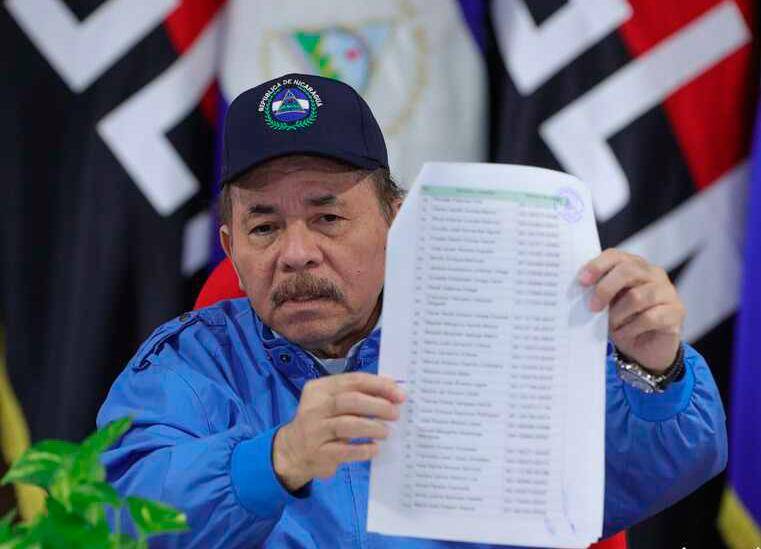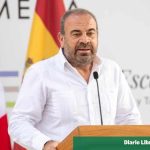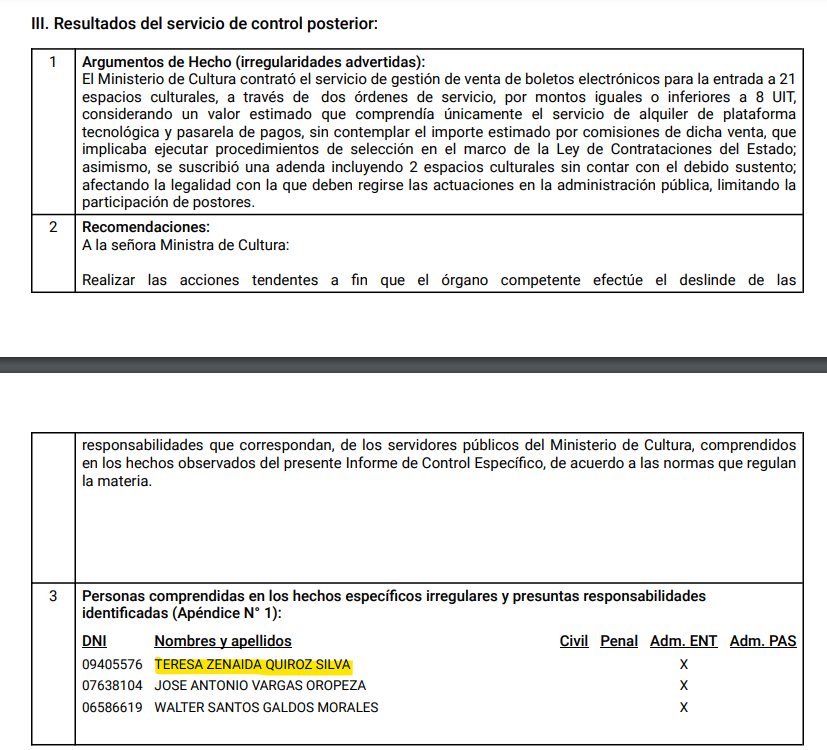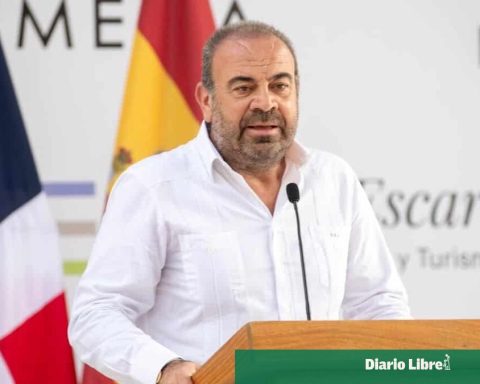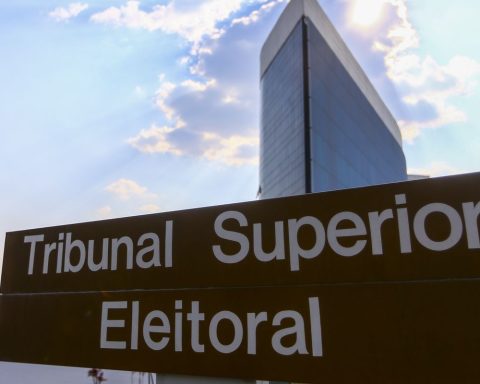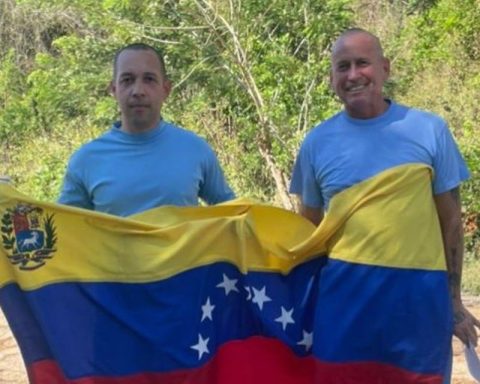Since 2023, the regime of Daniel Ortega and Rosario Murillo has turned Nicaragua into a country that carries out mass exiles of its citizens
The rulers, considered dictators for their abuses and their permanence in power with the use of police and paramilitary weapons, have perfected a repressive machinery that persecutes, kidnaps, tortures and expels its citizens, with the indifference of an international community that does not go beyond “lukewarm” statements of criticism and condemnation.
What began as a campaign to silence dissent has evolved into a state policy, described by local and foreign human rights organizations as a crime against humanity, which has left thousands of Nicaraguans without a homeland or civil rights and, worst of all, sent to survive abroad, far from their families.
“These are serious actions, these people are in an extremely vulnerable situation,” says Carolina Jiménez of the Washington Office on Latin America, WOLA. For the activist, the international community should give the regime a response that stops this type of aggression against human rights.
Institutionalized persecution
Since the outbreak of anti-government protests in 2018, the Ortega regime has escalated its repression, surpassing the initial street violence that left 355 dead according to the Inter-American Commission on Human Rights, IACHR, as well as more than 2,000 injured and an avalanche of complaints of torture, rape, forced exile, disappearances and other brutalities.
To consolidate its control over citizens and prevent them from publicly protesting the vertical system it has imposed on the country, the regime has institutionalized persecution, using the state apparatus to carry out kidnappings, arbitrary detentions and trials without legal guarantees.
The turning point came in February 2023, when the government of Ortega and his wife reformed Article 21 of the Constitution to strip of their nationality those they considered “traitors to the homeland.”
That same month, 222 political prisoners were deported to the United States under false accusations of terrorism and destabilization. Shortly after, 94 more opponents, most of them in exile, were also denationalized and stripped of their property, labeled as traitors without a fair trial and based on their opinions on social media.
“This is a policy that not only violates fundamental rights, but also seeks to silence any critical voice in Nicaragua,” says lawyer Uriel Pineda, himself a victim of repression and statelessness, after denouncing human rights violations in his country.
Exile: a crime against humanity
What might seem like just another political punishment is actually a sophisticated tactic that, according to international organizations such as the IACHR and the United Nations, constitutes a crime against humanity.
The denationalization applied by Ortega-Murillo deprives people of one of their most fundamental rights: their identity and belonging to a country. The IACHR has declared in this regard that the deprivation of nationality that leads to statelessness is arbitrary and prohibited by international law.

By stripping its citizens of their nationality, the regime not only physically expels them, but condemns them to legal invisibility, leaving them without the possibility of returning to their country, accessing services or even requesting asylum and protecting themselves from the same persecution.
In December 2023, the IACHR recalled that no State has the right to render a person stateless, as the Nicaraguan regime has done. However, Ortega and Murillo have ignored this warning, consolidating a system of banishment as an integral part of their strategy of repressive power in the country.
The Law as a Weapon
The regime has weaponized the country’s laws to suppress any challenge to its authority. The Special Law Regulating the Loss of Nicaraguan Nationality, passed in 2023, joins other regulations, such as Law 1055 (Sovereignty Law), which has also been used to persecute opponents on charges of treason.
These laws allow any citizen who criticizes the regime to be labeled a “traitor to the homeland,” depriving them not only of their freedom, but also of their citizenship. Gonzalo Carrión, a lawyer with the Nicaragua Never Again Human Rights Collective, calls this legislation “null and void” because it contradicts Article 20 of the Constitution, which states that “no national can be deprived of his or her nationality.”
In practice, the Law is an instrument that legitimizes state repression of the Ortega-Murillo family. The constitutional reform that allowed the denationalization of more than 322 people in 2023 illustrates how the judicial system has been manipulated to persecute opponents under a semblance of legality.
Suffering in exile
For the victims of these repressive actions, exile is not only a forced transfer, but a process of dehumanization. The 135 political prisoners exiled to Guatemala on September 5, the first 222 and the other 94 citizens, are an example of how they are deprived of their right to live in their country, of their property, savings, pensions and any economic resources.

Many of these exiles have applied to join immigration programs in the United States, where they hope to obtain permanent residency and work permits, but for now, they live in uncertainty about their future.
“They have taken everything from us: our land, our memories, our roots,” says one of the exiles for this report, who prefers to remain anonymous for fear of reprisals against his family in Nicaragua.
Despite international condemnation, concrete actions to curb these abuses have been minimal. Although the UN and the IACHR have documented and denounced multiple violations, the Ortega-Murillo regime continues to operate with impunity, resisting international pressure.
The infamous “revolving door” policy
The tragedy in Nicaragua is not only a reflection of the repressive power of the Ortega-Murillo family regime, but also of the failure of the international community to protect human rights.
The March 2024 report by the UN group of experts warned of alleged crimes against humanity, including persecution and banishment, but the lack of effective sanctions has allowed the regime to continue its campaign of “massive dispossession” of rights and property.
Related news: Ortega and Murillo ban processions in honor of Mary Help of Christians in Nicaragua
The regime has consolidated its control through a policy of persecution known as the “revolving door,” which takes Nicaraguans from arbitrary imprisonment to exile, without guarantees of justice or rights.
This repressive system, originating in Cuba during the Black Spring of 2003, was later adopted by Venezuela in 2014, and finally by Nicaragua in 2018, using express kidnappings, temporary disappearances and constant harassment to neutralize the opposition without increasing international pressure.
This is how cruelty has worked
Since the April 2018 protests, the dictatorship has released and imprisoned thousands of people, applying amnesties that protect those responsible for human rights violations while the repression continues.
After capturing more than 1,350 people in the first days of the April 2018 protests, the dictatorship released about 1,300, after beating, torturing, humiliating and threatening them, according to the Permanent Commission on Human Rights, CPDH, an organization that the regime annulled in the country.
The “door” continued to turn: after removing more than 1,300 protesters, more than 100 new political prisoners were admitted. The dictatorship applied an amnesty on June 11, 2019 to protect police, military and paramilitary for the murders and torture carried out during the criminal operations called “Operation Clean-up.” In that process, 56 political prisoners were removed.
The “revolving door” did not stop and continued to trap innocent people: on December 30, 2019, the dictatorship released 91 political prisoners. In its statement, the dictatorship thanked the International Committee of the Red Cross, the Human Rights Ombudsman and the apostolic nuncio in Nicaragua, Waldemar Stanislaw Sommertag, for their support.
A few years later, the dictatorship expelled the Nuncio and broke relations with the Vatican, eliminated the Red Cross and confiscated its assets and functions, while the Human Rights Ombudsman’s Office lost its recognition status from the United Nations Human Rights Council and became another spokesperson for the regime.
Without humanity, for the love of power
After these releases, Daniel Ortega and Rosario Murillo continued to fill the prisons, but this time, when the time came to free them, the modality changed: they were no longer returned to freedom in the country, but rather they began to exile them.
On February 9, 222 political prisoners were exiled to the United States, while the laws were “twisted” to denationalize and confiscate their nationality. The dictatorship used its deputies to modify the laws and decree the loss of nationality.
When they went after the Church, the “revolving door” opened to kidnap priests and take them to prison, then expel them from the country. On October 18, they expelled 12, accused of treason.
On November 22, Miss Nicaragua pageant director Karen Celebertti and her daughter returned to Mexico from Managua International Airport, while detaining her husband and son after returning from El Salvador, where Sheynnis Palacios won the Miss Universe 2023 crown.
He expelled them both from prison and from the country on January 7, 2024, after confiscating their assets and property. A few days later, on January 14, 2024, he exiled 19 religious members of the Catholic Church, including the bishop of Matagalpa, Rolando Álvarez.
And the regime continued its practice. At the beginning of July, journalist Nohelia González was arrested and, according to newspaper reports, exiled by the dictatorship to the United States. On August 7, it exiled to Rome seven priests it had kidnapped and kept in a state of forced disappearance. The last sinister action of this policy of terror occurred on September 5: 135 Nicaraguans were exiled from their homeland to Guatemala.
According to the Mechanism for the Recognition of Political Prisoners in Nicaragua, there could be a little more than 30 people left in the country as political prisoners. Everything indicates that the regime hopes to increase these numbers in order to reactivate the infamous “revolving door,” which remains active and well-oiled, crushing the freedom of Nicaraguans and their right to live in the country where they were born.
